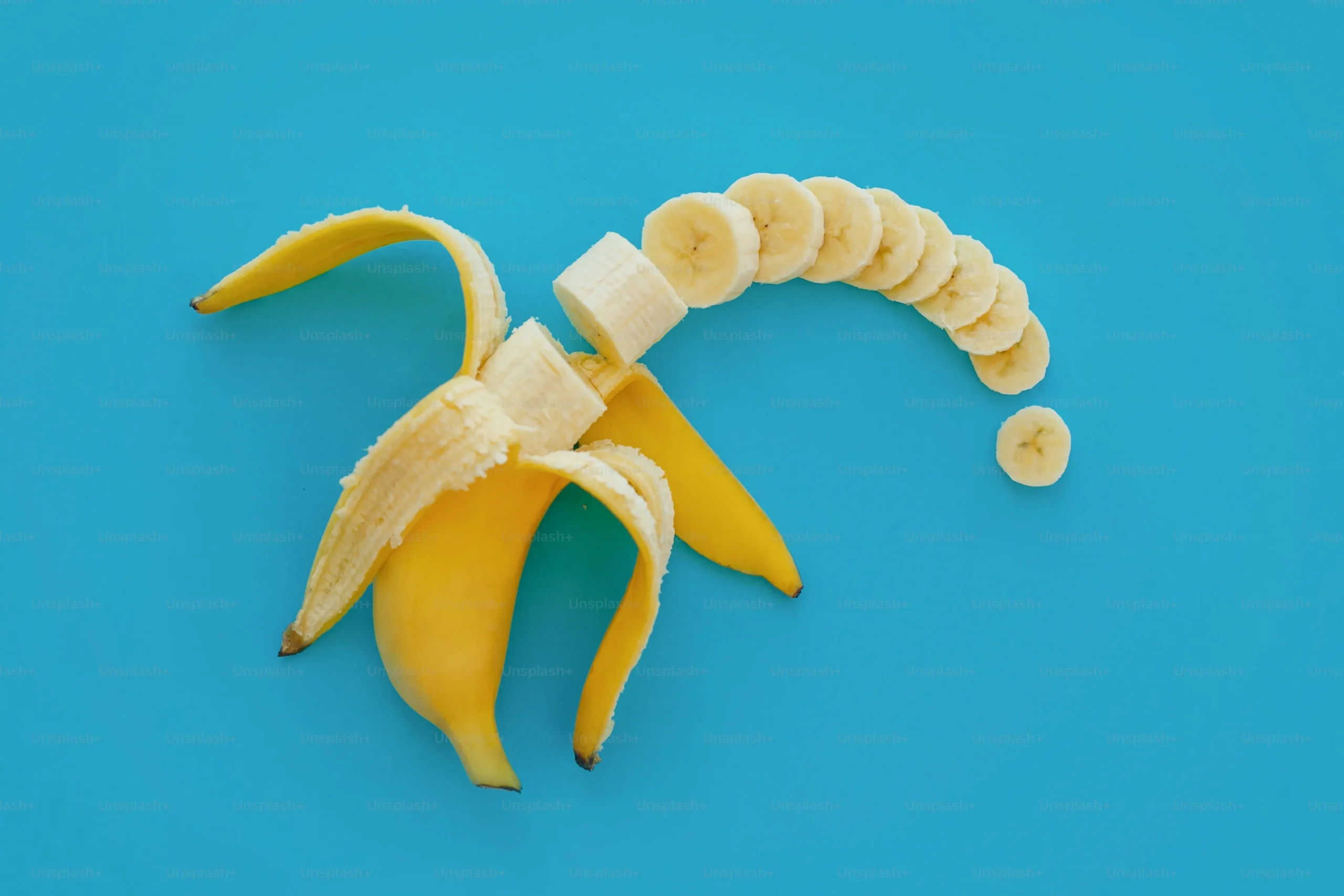Bananas and Babies: Exploring the Truth Behind Constipation Rumors
Bananas are a beloved fruit that are packed with nutrients and enjoyed by people of all ages. However, when it comes to feeding bananas to babies, there are questions about potential side effects, specifically constipation.

In this article, we’ll address some key questions and subtopics related to bananas and babies, including the benefits of feeding bananas to babies, the potential risk of constipation, and how to determine if your baby is experiencing constipation due to bananas.
If you’re a parent or caregiver looking for information on introducing bananas into your baby’s diet, we’ll also offer tips for doing so in a way that minimizes the risk of constipation. So let’s dive into the topic and learn more about bananas, babies, and constipation. Continue reading to find out more.
What are the benefits of feeding bananas to babies?

Bananas are a versatile fruit that are loved by many, including babies. Feeding bananas to babies can have numerous benefits for their health and development.
Firstly, bananas are a great source of potassium, which is essential for maintaining healthy blood pressure levels and proper muscle function. This mineral is especially important for infants as they grow and develop at a rapid pace.
In addition to potassium, bananas also contain fiber that can aid in digestion and promote regular bowel movements. This is particularly beneficial for babies who may experience constipation or other digestive issues.
Furthermore, bananas are rich in vitamin C which helps boost the immune system and protect against infections. This nutrient can also aid in the absorption of iron from other foods which is crucial for healthy blood development.
Feeding babies mashed or pureed bananas as a first food option can also help introduce them to new flavors and textures while providing essential nutrients. Additionally, the soft texture makes it easy for babies to swallow without the risk of choking.
It’s important to note that while feeding bananas to babies has many benefits, it should be done in moderation as too much fruit sugar can cause an upset stomach or contribute to tooth decay. As with any new food introduction, consult with your pediatrician before starting your baby on solid foods including pureed banana.
Overall, incorporating bananas into your baby’s diet (with guidance from your doctor) can offer numerous health benefits while introducing them to new flavors and textures during their earliest stages of growth and development.
What are the potential side effects of feeding bananas to babies, including constipation?
While bananas are a popular fruit for babies due to their soft texture and natural sweetness, there are potential side effects to be aware of, including constipation.
Bananas contain high amounts of soluble fiber, which can help regulate digestion and prevent constipation. However, if too many bananas are consumed in a short period of time or if the baby is not getting enough water or other sources of fiber, it can lead to the opposite effect.
Additionally, some babies may have an allergy or sensitivity to bananas which can cause digestive issues such as diarrhea or vomiting. It is important to introduce new foods slowly and watch for any adverse reactions.

It is also worth noting that while bananas are a nutritious snack for babies, they should not make up the majority of their diet. It is important to offer a variety of fruits and vegetables to ensure they receive all necessary nutrients.
In conclusion, while feeding babies bananas can have numerous health benefits, it is important to do so in moderation and with consideration for any potential allergies or sensitivities. Ensuring proper hydration and offering a balanced diet will help prevent any negative side effects such as constipation.
How can you determine if your baby is experiencing constipation caused by bananas?
Bananas are a popular fruit that many parents include in their baby’s diet. However, it is important to note that bananas can also cause constipation in babies. So, how can you determine if your baby is experiencing constipation due to bananas?
Firstly, it is crucial to know the signs of constipation in babies. These may include hard and dry stools, difficulty passing stools, and less frequent bowel movements than usual.
If your baby shows these symptoms after consuming bananas, it could be an indication that they are experiencing banana-induced constipation. However, it is also essential to consider other factors such as dehydration or changes in diet.
To confirm whether the bananas are causing the issue or not, try eliminating them from your baby’s diet for a few days and observe any changes in their bowel movements. If their stool becomes soft and regular again after removing bananas from their diet plan then indeed banana was causing constipation.

It is important to consult with a pediatrician before making any significant changes to your baby’s diet or if you have concerns about their bowel movements.
In conclusion, while bananas offer various health benefits for babies when consumed moderately; they can lead to constipation if taken excessively. It’s always better to keep an eye on what goes inside your little one’s tummy!
Tips for introducing bananas into your baby’s diet in a way that minimize the risk of constipation.
Bananas are a great first food for babies, as they are rich in nutrients and easy to digest. However, introducing bananas into your baby’s diet should be done carefully to minimize the risk of constipation.
Here are some tips to help you introduce bananas into your baby’s diet in a safe and healthy way:
1. Start with small amounts: Begin by giving your baby a few mashed banana pieces or puree mixed with breast milk or formula at a time.
2. Monitor bowel movements: Keep track of your baby’s bowel movements after introducing bananas to their diet. If you notice any signs of constipation such as hard stools or difficulty passing stool, reduce the amount of banana intake.
3. Offer plenty of fluids: Ensure that your baby stays hydrated by offering water between feedings.
4. Combine with fiber-rich foods: Combine mashed banana with other fiber-rich foods like oatmeal or prunes to promote regular bowel movements.
5. Avoid overfeeding: Overfeeding can lead to constipation so be mindful of how much you’re feeding your little one.

By following these tips, you can safely introduce bananas into your baby’s diet while minimizing the risk of constipation and ensuring optimal nutrition for their growing bodies.
Check out our other articles to find out even more about banana.
Bananas can be a healthy and nutritious part of your baby’s diet, but there is still the possibility of constipation as a side effect. To minimize this risk, it’s important to follow dietary guidelines for introducing bananas into their daily routine. If you’re looking for more information on how to safely introduce bananas into your child’s diet, make sure to check out our other articles to find out even more about banana!










